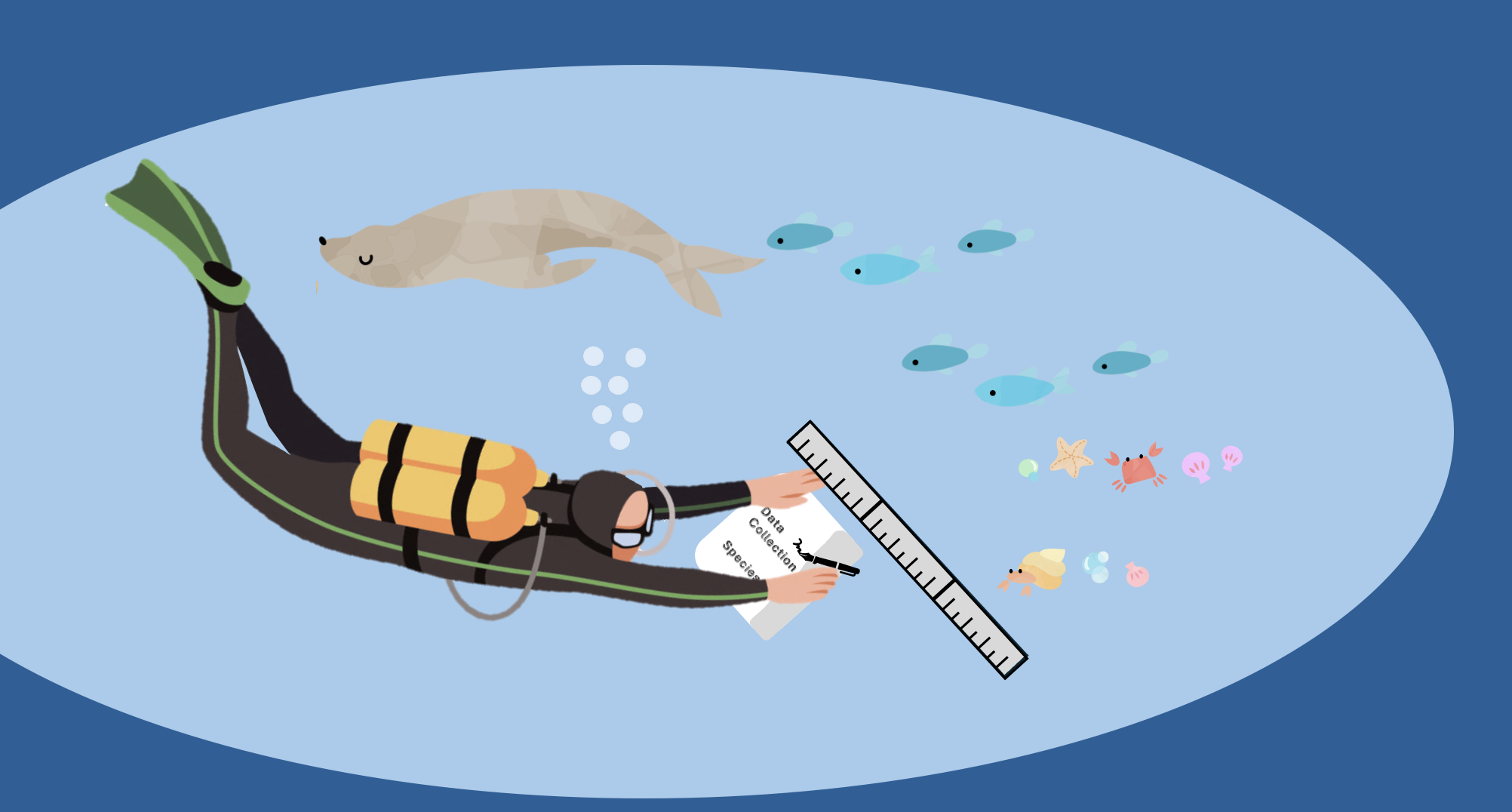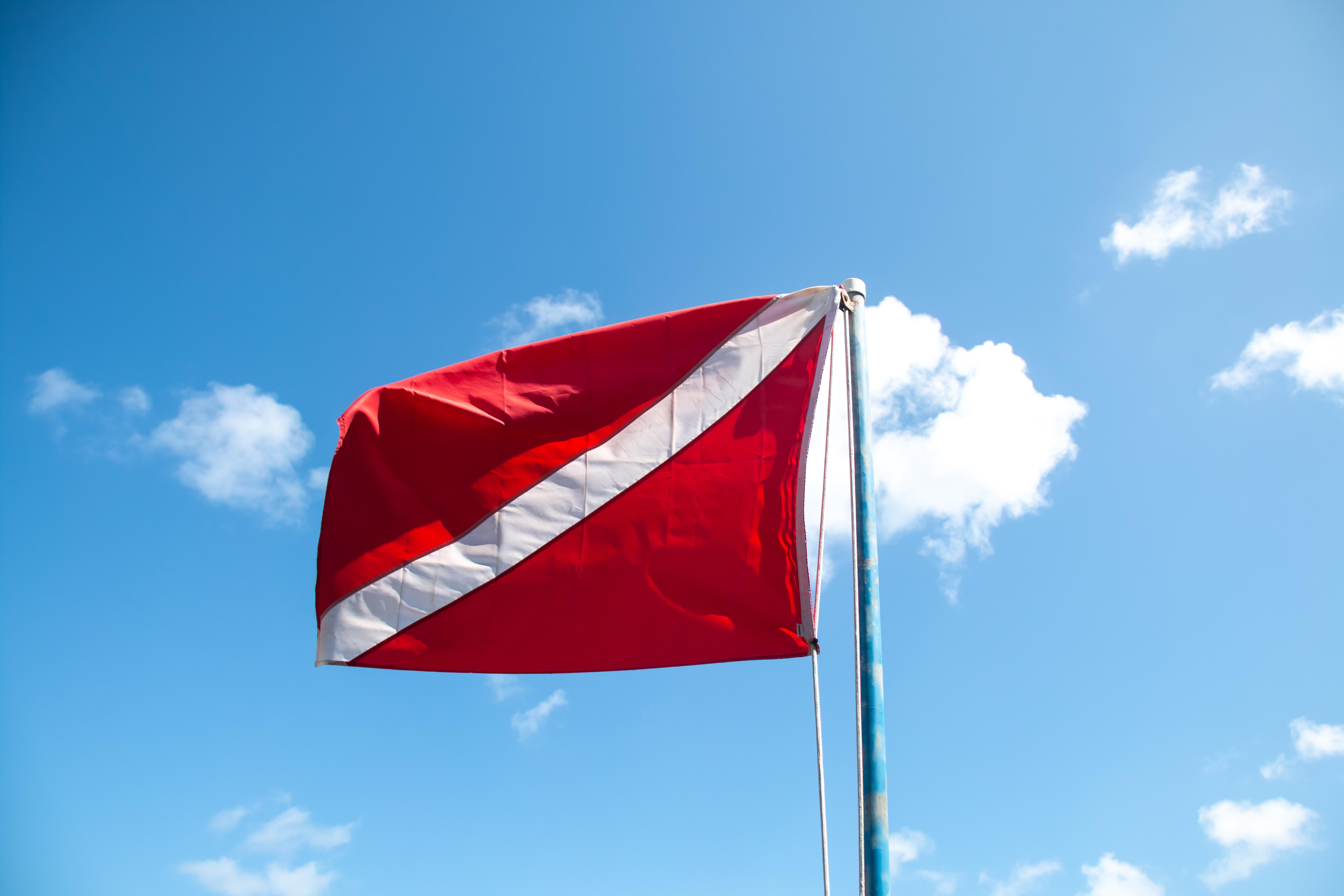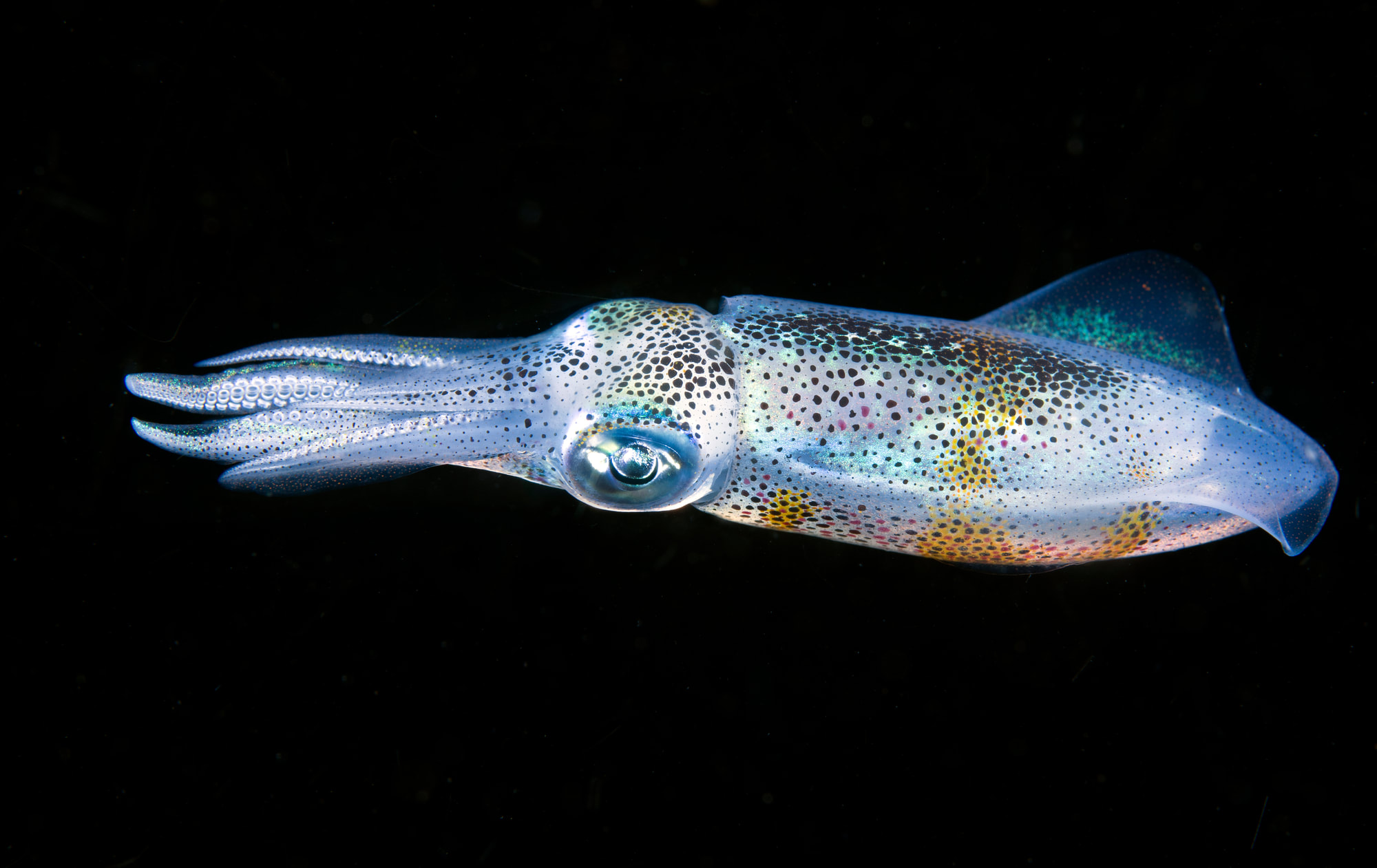Scientific Diver
Scientific divers perform specialized work to support research and exploration in various aquatic environments. Their roles are diverse, combining scientific expertise with diving proficiency.

Here are some common types of jobs scientific divers undertake:
Marine Biology and Ecology
-
Fish Surveys: Counting and identifying fish species to monitor population dynamics and ecosystem health.
-
Marine Megafauna Studies: Researching behaviors and migrations of animals like sharks, turtles, and whales.
-
Coral Reef Monitoring: Assessing the health of coral reefs, mapping their structure, and studying species that inhabit them.
Geology and Underwater Mapping
-
Seafloor Mapping: Using tools like sonar and direct observation to study underwater landscapes.
-
Sediment Sampling: Collecting samples for geological analysis or climate history studies.
Environmental Monitoring
-
Pollution Assessments: Testing water quality, collecting samples, and evaluating impacts of pollutants.
-
Invasive Species Studies: Monitoring the spread of invasive aquatic plants and animals.
-
Restoration Projects: Replanting seagrass beds, rebuilding coral reefs, or restoring other critical habitats.
Oceanography
-
Deployment of Instruments: Installing and maintaining scientific instruments, like temperature or salinity sensors.
-
Current Measurements: Assisting with studies of ocean currents and their effects on ecosystems.
Education and Outreach
-
Documenting and Teaching: Recording findings with underwater photography or videography and contributing to public education.
-
Field Courses: Guiding students or new researchers in fieldwork techniques.
Climate Science
-
Ice Diving: In polar regions, collecting data on ice thickness, temperature, and salinity.
-
Carbon Sequestration Research: Studying the ocean's role in carbon storage, often involving underwater vegetation.
Aquaculture Research
-
Farm Inspections: Monitoring fish farms and shellfish aquaculture operations.
-
Disease Studies: Assessing health and disease impacts on cultivated marine organisms.

Scientific diving careers are typically found in academia, government agencies (e.g., NOAA, USGS), environmental organizations, and private research firms. Many scientific divers hold advanced degrees in their fields and are certified under programs like the American Academy of Underwater Sciences (AAUS).

